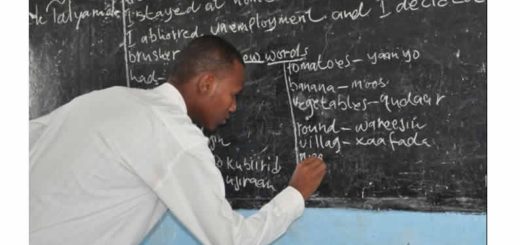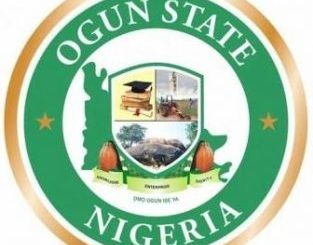NBS findings used to design $8.9b projects
 The findings from the National Bureau of Statistics (NBS) have been used for designing project interventions worth $ 8.9 billion in several sectors in the country.
The findings from the National Bureau of Statistics (NBS) have been used for designing project interventions worth $ 8.9 billion in several sectors in the country.
Statistician-General of the Federation, Prince Adeyemi Adeniran, disclosed this in Abuja yesterday at the official report launch and dissemination of the General Household Survey – Panel, Wave 5.
He said: “Available records indicate that, over the last five years, the survey findings have been used to design several projects and intervention programs worth approximately $ 8.9 billion across many sectors which include agriculture and food, education, water, social protection and jobs, governance, and several others.”
Adeniran said other interesting stories such as Energy access in Nigeria can be told from the findings of the survey.
He said the results show a significant divide between urban and rural access to electricity: 82.2 percent of urban households have electricity, compared to 40.4 percent in rural areas, with households facing an average of 6.7 power blackouts weekly, nationally.
He said a detailed module on shocks collected additional information about climate shocks in the country.
Adeniran said however, households reported economic shock as the most prevalent kind of shock experienced, with 71.0 percent of households reporting the price increase on major food items.
He explained as coordinator of the statistical system and the authoritative source of official statistics, the GHS Panel provides a platform for NBS to achieve several of its mandates in a swoop.
He said not only does it allow the Bureau to meet the mandate of providing data to its users, but it also provides a good place for it to enhance its ability to innovate and to test and explore modern methods and approaches to survey implementation.
On the launched survey, he explained that “it is a longitudinal survey, meaning that it tracks and interviews the same respondents over time. In this case, with this being the 5th Wave of the survey, approximately the same five thousand households have been followed and interviewed across five waves.
“This includes Wave One conducted in 2010/11, Wave Two in 2012/13, Wave Three in 2015/16, Wave Four in 2018/19, and now Wave Five conducted in 2023/24.
“This is a significant accomplishment for NBS and the Nigerian Statistical System. It is certainly the first for any African National Statistics Office.
“This panel approach allows for some interesting analysis to be done which can better tell the story of life in Nigeria and the living conditions of Nigerians.”
He cited an instance that using data from Waves Four and Five, an asset index was created which categorized households into three groups based on their wealth transition across time.
According to him, 41.7 percent of the households stayed in the same wealth quintile as reported in Wave 4, while 29.4 percent experienced an upward shift, and 28.9 percent experienced a decline in their position in wealth distribution.
He said the key factors influencing these changes included environmental and economic shocks, with households experiencing downward mobility more likely to report being affected by floods and post-harvest losses as the main cause of the changes.













